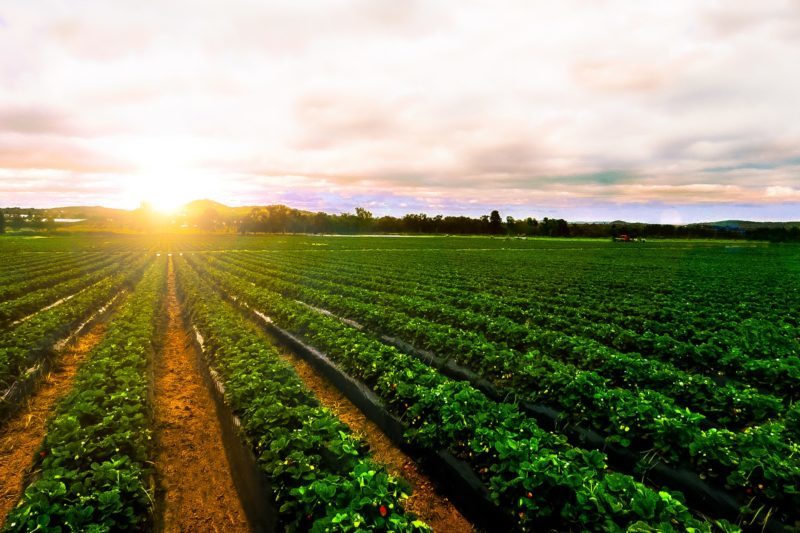Organic farms and businesses are on the front lines and face major disruptions, NOC and OFA said in a joint press release. Challenges include loss of critically important markets and labor issues, such as "skyrocketing" expenses related to investments in equipment, technology, sanitation, staffing, and transportation to keep employees safe, as well as to access markets and provide safe, nutritious food to communities.
The letter expressed concern that the direct payment mechanism announced by USDA to implement the Coronavirus Aid, Relief, and Economic Security (CARES) Act will not reach organic and diversified farms and those serving local markets.
“We are concerned that the payment formulas used by USDA to distribute payments will shortchange organic farmers, particularly small-and-medium-scale diversified operations that have been economically impacted by the pandemic,” Kate Mendenhall, Director of the OFA, said in the release. “We are asking Congress, in the next coronavirus response package, to be more explicit about providing direct assistance to organic and diversified farms and to establish oversight procedures to ensure USDA compliance with the requirements.”
Also essential, said NOC Executive Director Abby Youngblood: “Despite the challenges we face, the USDA must move forward without delay on the Strengthening Organic Enforcement and Origin of Livestock rules to provide a level playing field for organic operations. NOC is calling on Congress to ensure that USDA moves forward in closing loopholes to prevent fraud and to protect organic dairy operations. These regulations are critical to the economic viability of organic farms and businesses and are needed to ensure consumers are getting what they expect when they purchase organic products.”
An overview of key requests to Congress that NOC and OFA outlined in the five-page letter:
- Funding and technical assistance to help operations protect the health and safety of all who are involved in organic agriculture, certification, and compliance.
- Implementation of actions that will prevent fraud and protect the integrity of the USDA organic seal during the crisis.
- Federally funded pay bonuses for front line food system and grocery workers and emergency grants to reimburse these businesses for expenses related to personal protection equipment (PPE) and pandemic-related facility, infrastructure, technology, and staffing modifications.
- Congressional authorization for USDA to reimburse certification agencies directly for organic certification costs during the pandemic, rather than requiring organic operations to pay these costs and then seek partial reimbursement through the organic certification cost-share program.
- Increased funding for the Supplemental Nutrition Assistance Program (SNAP), and allowance for SNAP payments to be made online directly to farms, CSAs, and cooperative and independent grocery stores.
- Waivers and direction to States to broaden their WIC-approved food lists to allow WIC participants to purchase organic foods.
- Funding for the Small Business Administration (SBA) Paycheck Protection Program (PPP) and Economic Injury Disaster Loan (EIDL) programs has proven critical to organic farms and businesses. This funding should be replenished, the groups say, and Congress should direct SBA to expand farmers’ access to both the PPP and EIDL program.










